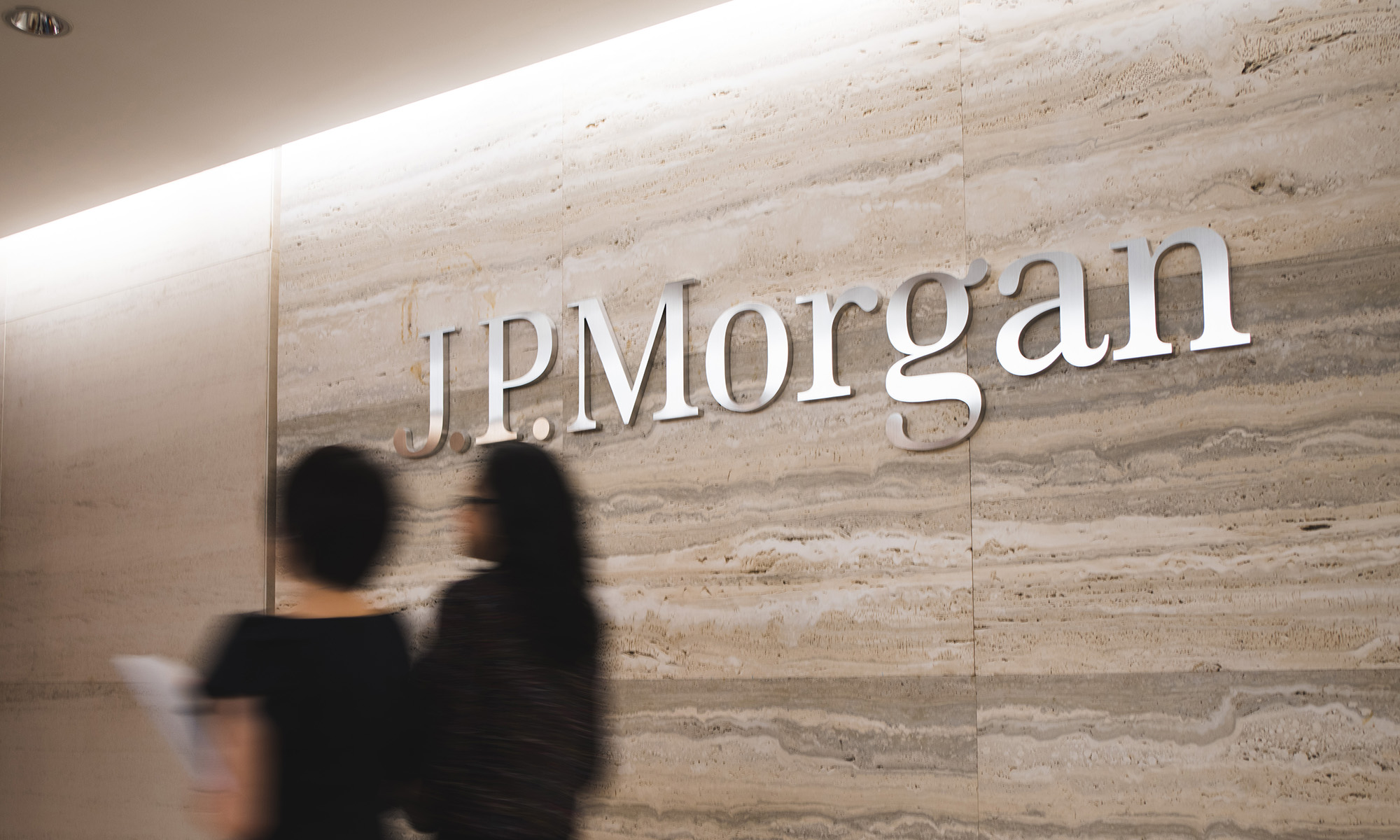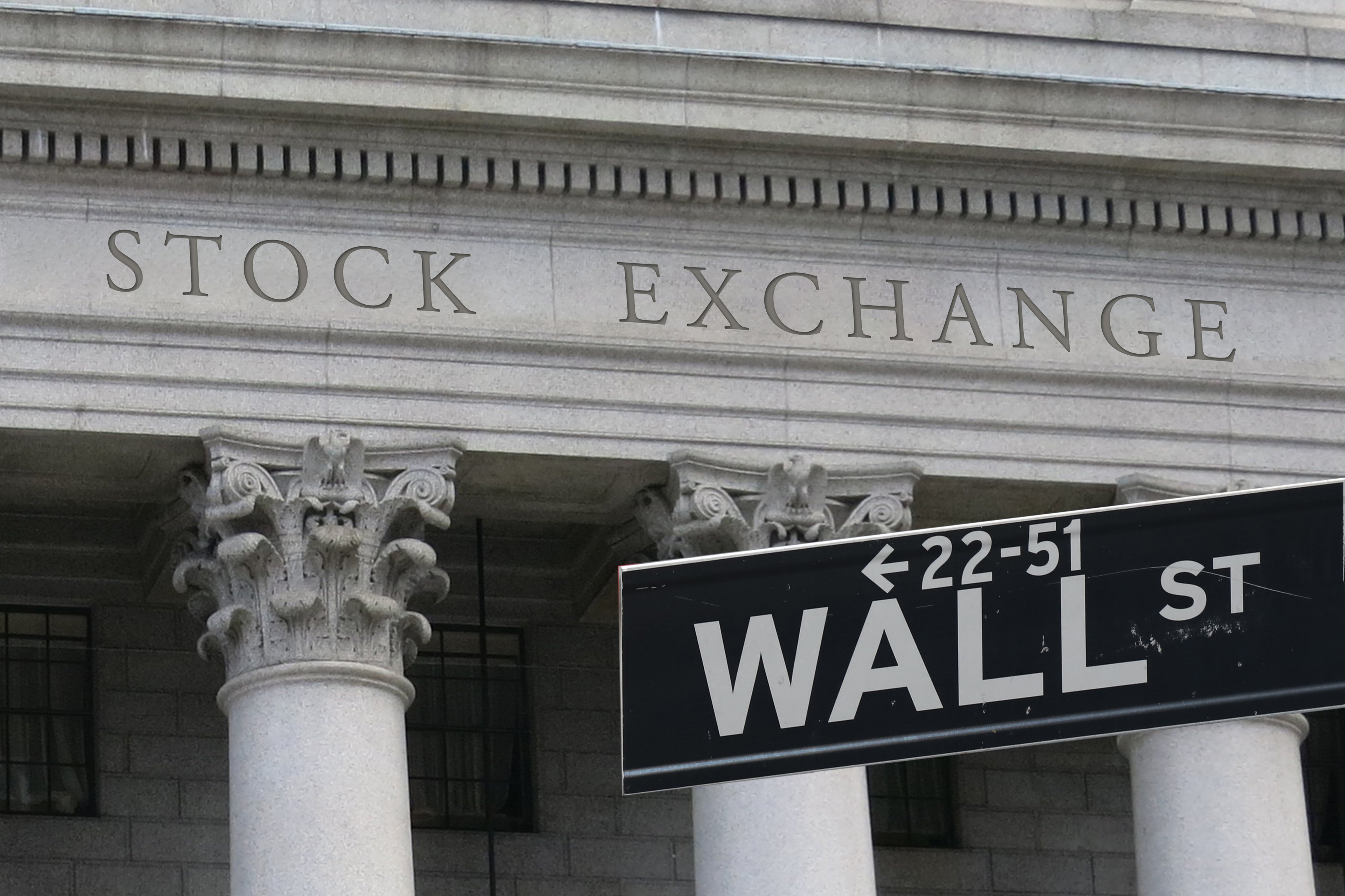
Jamie Dimon, the chairman and CEO of JPMorgan Chase. Image source: JPMorgan Chase.
If you're a current or prospective investor in JPMorgan Chase (JPM 1.82%), one of the questions you should be wrestling with right now is whether its shares are cheap or expensive. The answer to that question, in my opinion, is: It depends.
JPMorgan Chase vs. other bank stocks
Let's start by comparing JPMorgan Chase's valuation to other big bank stocks. This will give us a sense for whether the nation's biggest bank by assets is an outlier in its own industry.
It's not. JPMorgan's stock trades for a 68% premium to the bank's tangible book value per share, the preferred valuation metric used by analysts and commentators. The average big bank stock, by contrast, trades for a 102% premium to tangible book value, according to YCharts.com. Based on this, it looks like JPMorgan's stock is reasonably priced, if not cheap.

Data source: JPMorgan Chase, YCharts.com. Chart by author.
You can make a similar argument about JPMorgan Chase's valuation on an absolute level. In normal times, bank stocks tend to trade for between one and two times tangible book value. When the economy is struggling, they'll go for even less, oftentimes for a discount to tangible book value. When the economy is soaring, alternatively, shares of good banks will often trade for more than twice their tangible book value.
Right now, the economy is doing neither. The unemployment rate is low, at 4.6%, but that's in large part because discouraged workers have stopped looking for jobs, which excludes them from factoring into the unemployment rate. GDP growth is decent but far from extraordinary -- 3.5% in the third quarter of last year, though only 1.4% in the second quarter. And while the economy seems to have escaped the deflationary fears from 2015, inflation remains meaningfully below the Federal Reserve's 2% target rate.
Given this, it seems safe to say that JPMorgan Chase's stock is, once again, neither overtly cheap or expensive. A 68% premium to tangible book value certainly isn't low, but it's also not as high as it might otherwise be given how well-run JPMorgan Chase is.
JPMorgan Chase vs. other large-cap stocks
Looking at this another way, though, could change your perspective. If you look at JPMorgan's price-to-earnings ratio, which is the standard valuation metric used for most stocks, banks being the main exception, then it comes across as materially discounted.
Based on its projected earnings over the next 12 months, JPMorgan's stock trades for 15 times earnings. That's a quarter less than the average stock on the S&P 500, which trades for 19 times forward earnings, according to The Wall Street Journal.

Data source: YCharts.com, The Wall Street Journal. Chart by author.
Consequently, any reasonable answer to the question of whether JPMorgan's stock is cheap or expensive is: It depends on how you're measuring value. If you measure it as a multiple to tangible book value, then its shares seem reasonably priced. But if you measure it as a multiple to earnings, then its shares seem cheap.
The fundamentals
Either way, it's important to keep in mind that this is a comfortably profitable bank -- and consistently so, which wan't easy over the past decade. Today, even though it's the biggest bank in America, and thereby subject to the toughest capital requirements of any bank, it's still able to generate a 13% return on tangible common equity. That's well above its cost of capital, which means it's creating value for shareholders.
On top of this, it's got the second-best banker alive today at the helm -- the best being M&T Bank's Robert Wilmers. JPMorgan Chase CEO Jamie Dimon is truly an extraordinary banker. Totally befitting of the venerable JPMorgan brand. He reminds me of the two bankers that led the bank after the Morgan's relinquished control, both of whom were extraordinary bankers themselves. Warren Buffett praises Dimon frequently, most recently calling a 2015 interview of Dimon "off the charts."
In light of these two points, it's clear that JPMorgan Chase deserves a premium to its tangible book value. Its current premium of 68% over tangible book isn't cheap by any means, being well above tangible book value, but it's also not expensive, being comfortably below two times tangible book value. To me, it thus seems reasonably priced for a long-term investor -- though, I would personally wait to buy shares until the next market correction.






